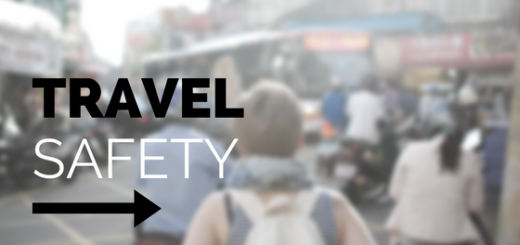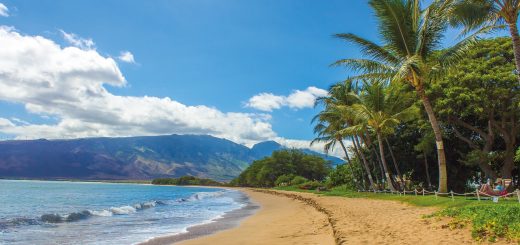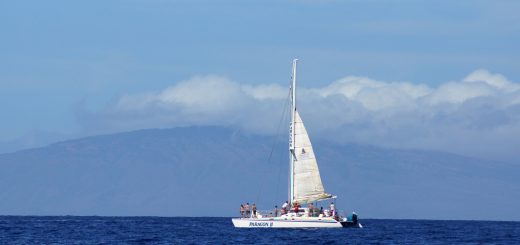Scuba Safety Tips for First-Timers
One of the best places in the world to experience marine life up close and personal is the shores of Hawaii. While snorkeling can be fun, there’s nothing quite like descending to more extreme, yet manageable depths via scuba diving. But, before you do so, there are a few considerations to take into account.
Receiving the appropriate certification is crucial in your first steps as a scuba diver. Many inexperienced divers may think that simply snorkeling has equipped them with the skills necessary to safely scuba. However, without proper training and a basic understanding of common mistakes made, you are putting yourself, and possibly others in danger. Be sure that you are officially recognized by your local scuba training agency before entering the waters.
Another important consideration is receiving verification from your doctor that you are physically able to take part in scuba diving. The conditions in certain depths of water can be extremely hazardous to individuals who may suffer from hypertension, breathing disorders, or certain muscular inabilities. This activity can be surprisingly demanding in terms of physicality, and the pressure that comes with extreme depths heightens those conditions.
A hazard that all divers should be aware of is what is commonly referred to as “the bends,” or decompression sickness. This occurs most often when divers swim toward the surface of the water from extreme depths without stopping every 10-15 feet to counterbalance decompression. Nitrogen bubbles can form in the bloodstream causing extreme pain, paralysis, and even death in dire situations. Divers who may experience the bends are placed in recompression chambers to counter the effects.
Maintaining a relaxed mindset throughout your scuba diving experience is imperative. Beginners will be surrounded by professional divers should a situation arise, but being able to stay calm, breathe, and manage yourself is important for divers of all levels of experience. Panicking will only worsen the situation.
Always prepare yourself beforehand. Scuba diving when you’re tired, hungry, or sick can directly affect the quality of your dive, and your ability to effectively navigate the waters. Avoid alcohol before a dive as well. Aside from the obvious inebriation, alcohol can dehydrate the body, which can dramatically worsen the effects of underwater pressure.
Scuba diving anywhere around the world can be a fun, and rewarding activity as long as the proper safety procedures are followed. Work closely with professional diver beforehand to ensure you are taking every precautionary step necessary, and have a proper understanding of the common dangers that come with it.


